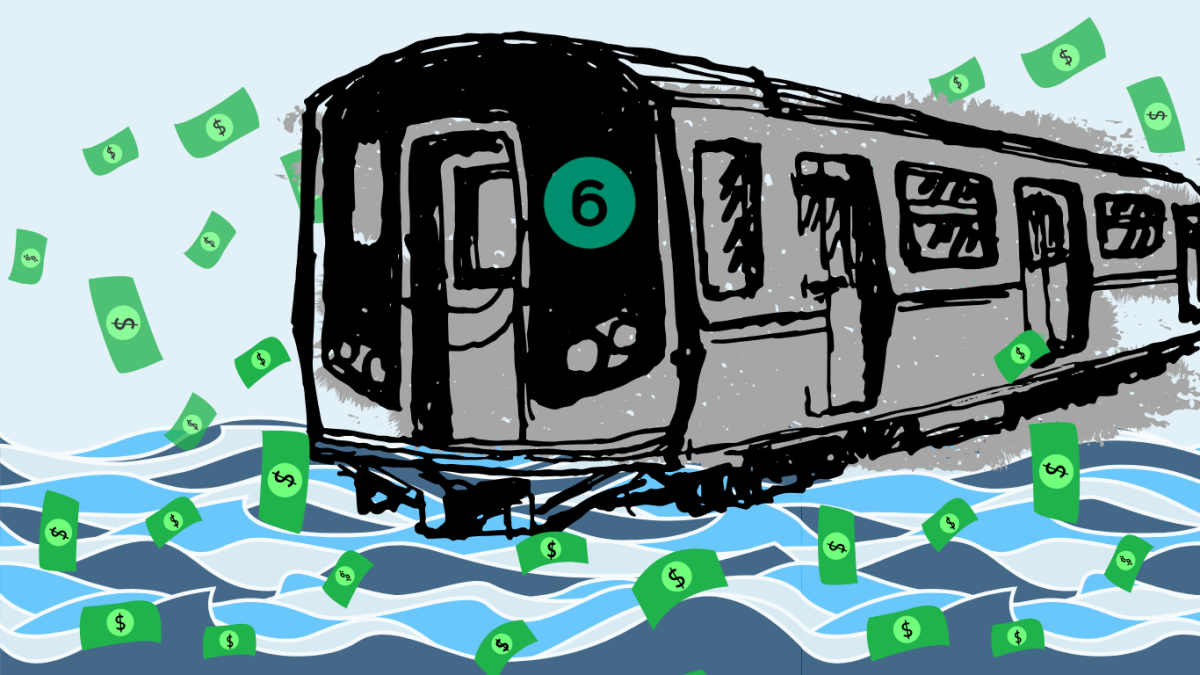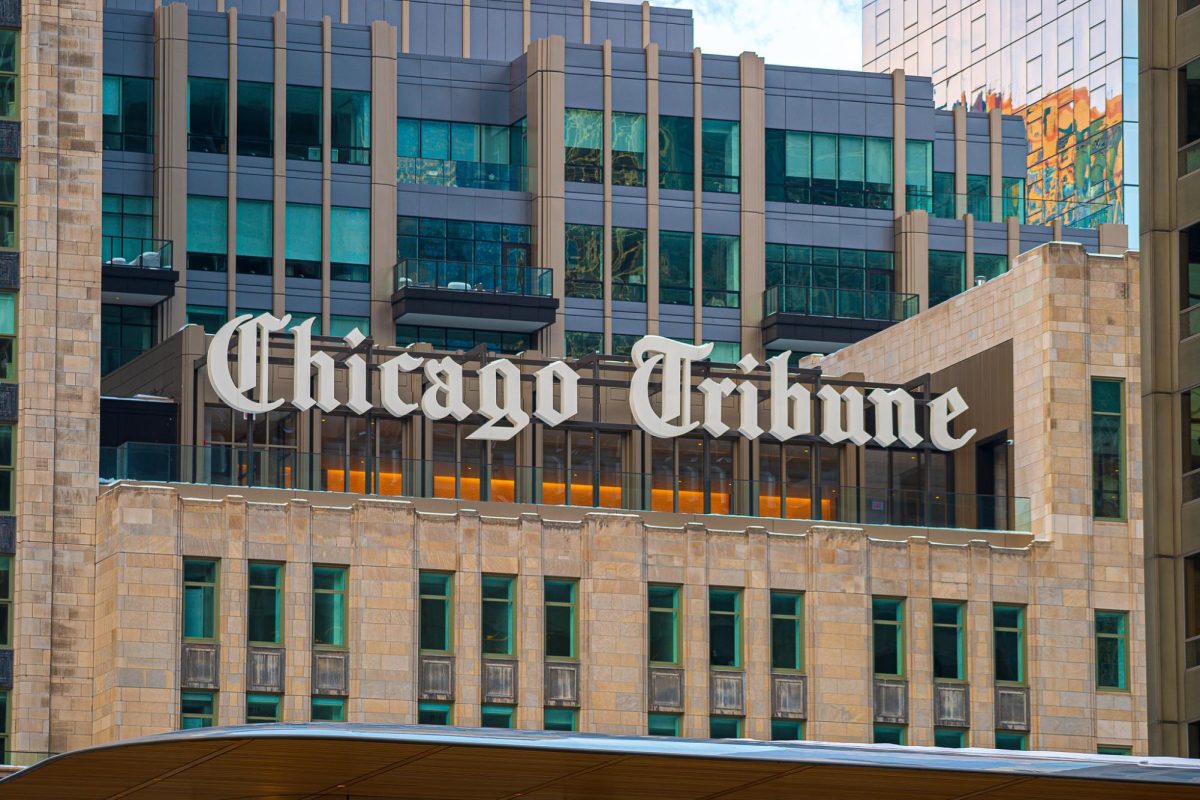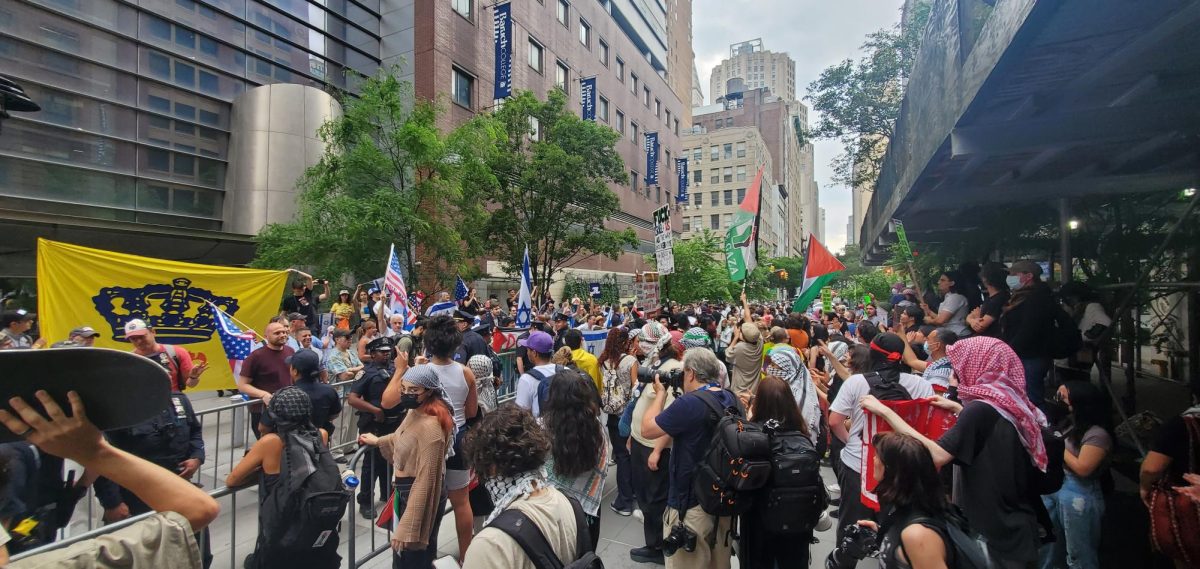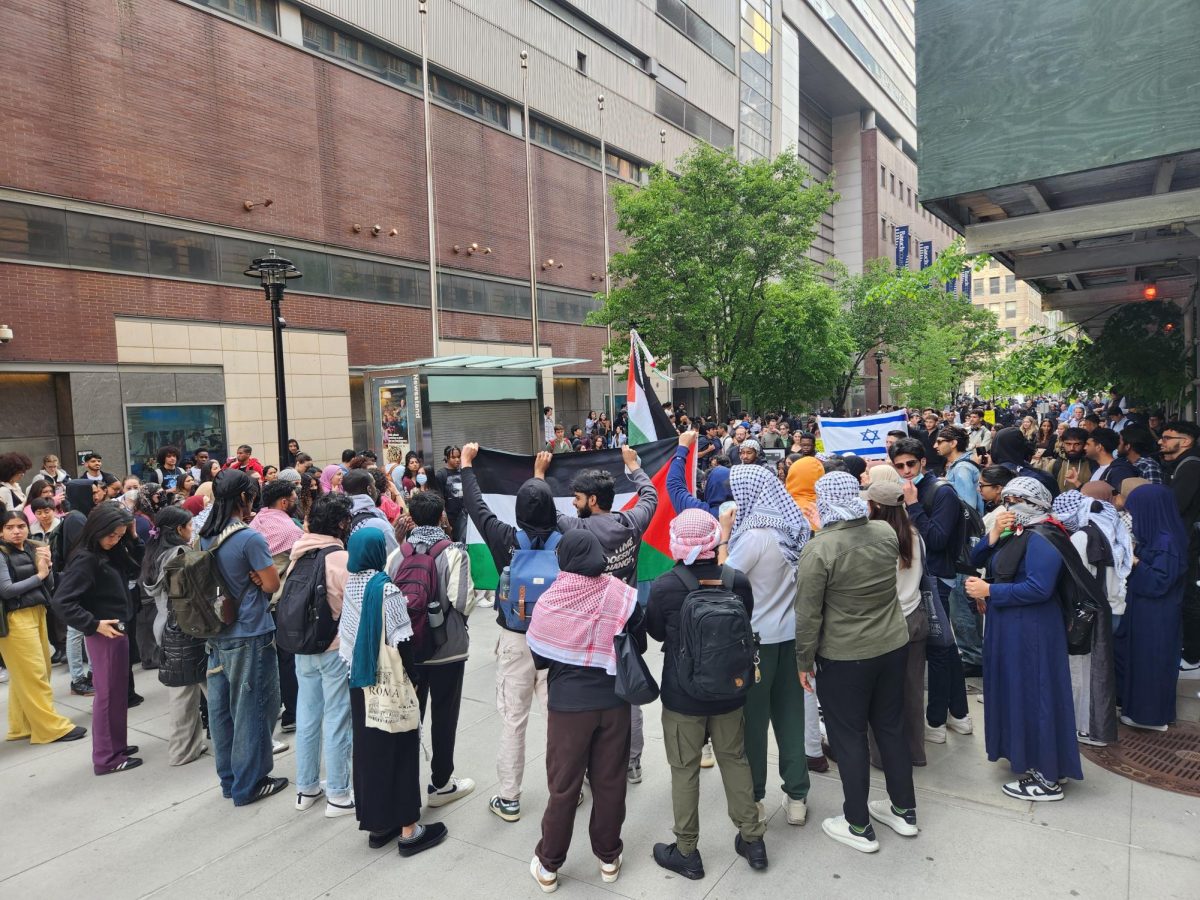A recent audit conducted by the New York State Comptroller’s office found that the Metropolitan Transportation Authority left several aspects of storm and flooding prevention projects incomplete, failing to follow through with a key recommendation as part of their 2009 Blue Ribbon Commission’s Report.
The recommendation, known as the Climate Change Adaptation Master Plan, was found not to have been thoroughly carried out over the scope of the last decade and a half on several levels, including lack of completion of a substantial percentage of inclement weather prevention projects, failure to provide adequate documentation of equipment inspection and failure to release documentation outlining decision-making rationale for extreme weather plans.
The audit, spearheaded by New York State Comptroller Thomas DiNapoli, was released on Sept. 29 — a day that saw New York City, Long Island and the Hudson Valley experience rain befitting of what Gov. Kathy Hochul called a “once-in-a-century storm.”
The storm gave several regions of New York up to 2.5 inches of rain per hour. Basements flooded, cars started floating away and the New York City subway system became heavily submerged in water, causing most rail lines to be either suspended or drastically delayed.
The latter consequence is what local officials like DiNapoli hoped would be avoided had the MTA secured the system’s infrastructure in advance.
According to the report, 23 of 221 individual projects were either untouched or left incomplete. One of these projects highlighted six NYC subway stations that were deemed in “critical” danger of flooding should a massive storm occur. Only two of these stations now bear a greater resistance to storms.
Another project focused on 14 fan plants at “high risk” of flooding. No work was done on three of these plants.
The agency was also responsible for 72 inspections of individual pieces of equipment at select stations across the city. A lack of documentation submitted by the agency to the Comptroller’s office led the latter to find that 51 of the 72 inspections were not conducted at all.
In addition to flooding, the MTA established weather plans in case of extreme flooding, hurricanes, heat and snow. These plans outline the rationale behind decision-making and steps to overcome a specific weather challenge. Out of 18 weather events the city experienced since these plans’ inauguration, six weather events were not accompanied by any determined plans.
DiNapoli, among other officials, was further troubled by the MTA’s misuse of federal funds, stating that despite spending $8 billion on climate change prevention work following Hurricane Sandy, the agency was more than a decade behind schedule regarding its climate goals.
DiNapoli even blamed the agency for failing to address the master plan’s existence.
“Despite all the time and resources that have been put into this Plan, none of the MTA officials we interviewed mentioned it,” he stated in the report.
The MTA’s level of preparedness is likely to impact the millions of subway riders daily, who may experience increased delays and ongoing station upgrades for years to come.


















